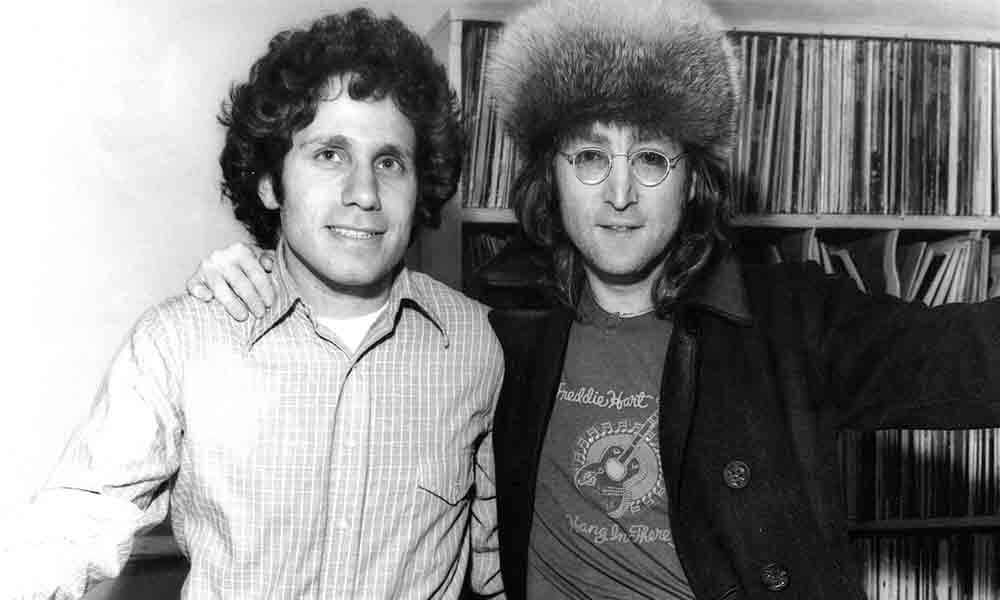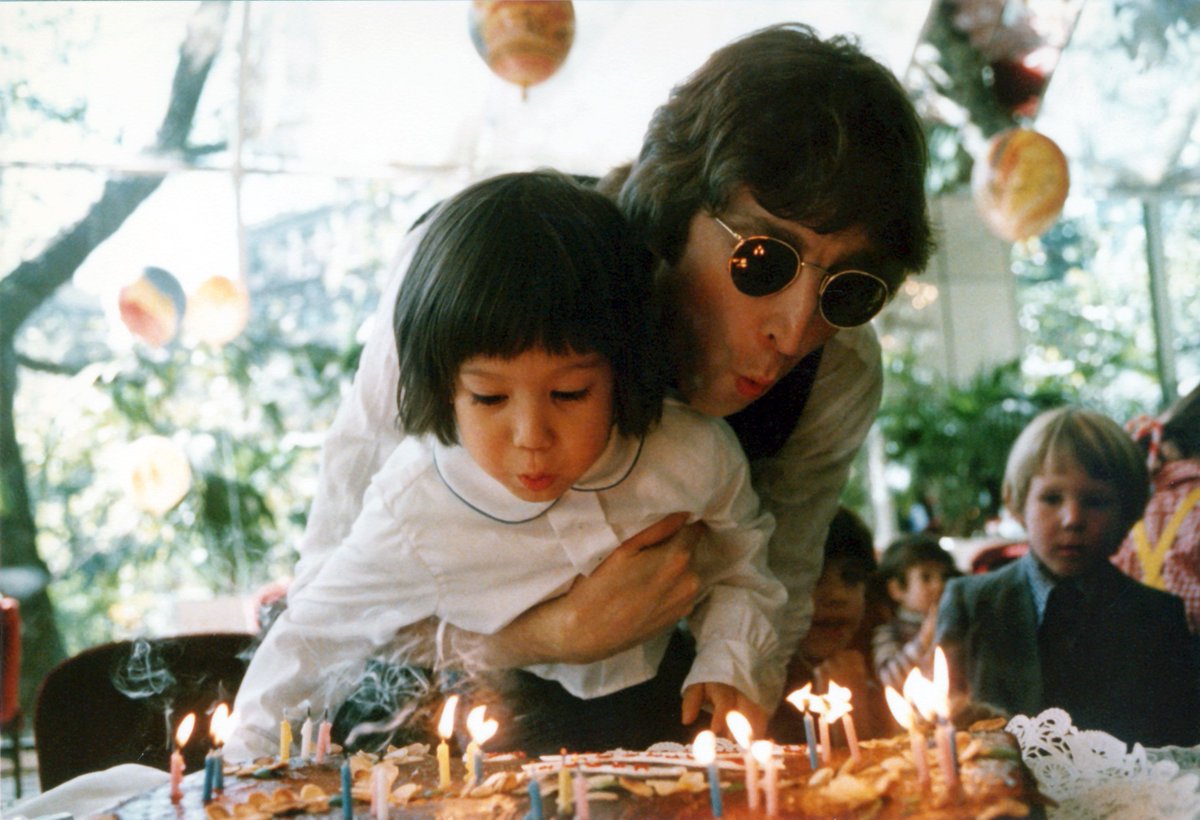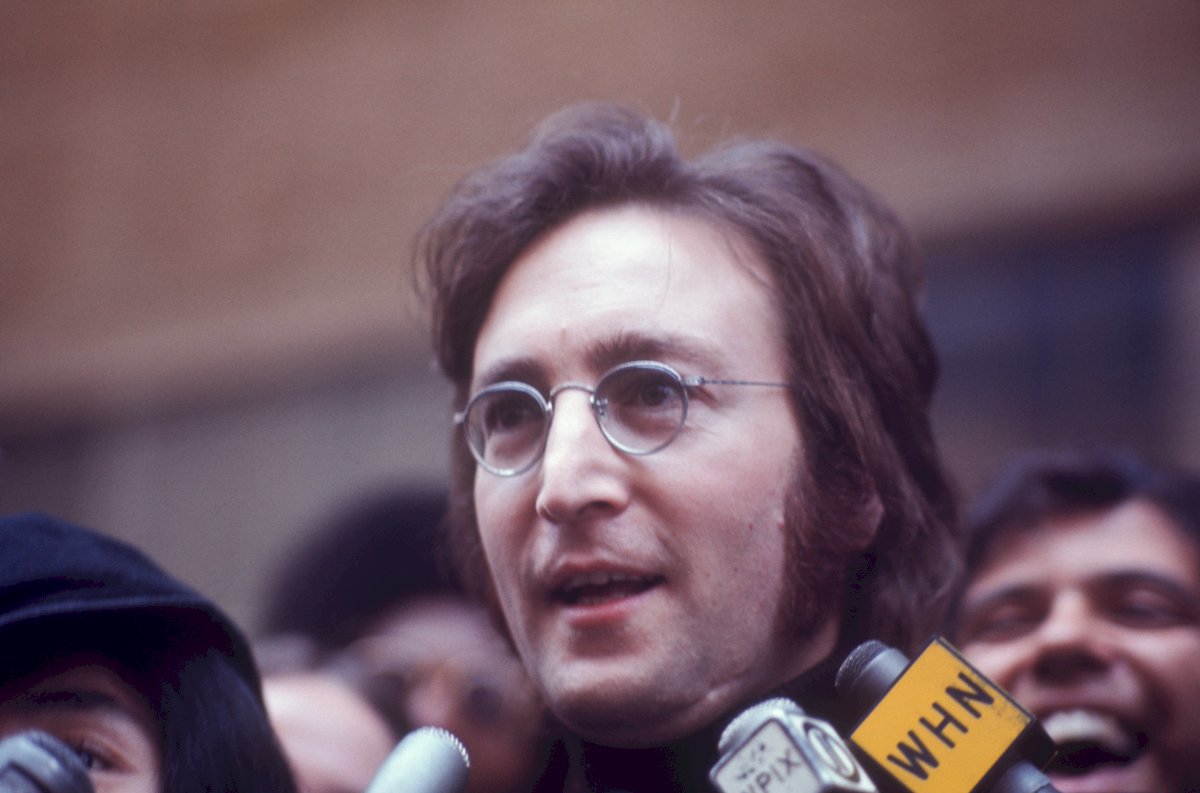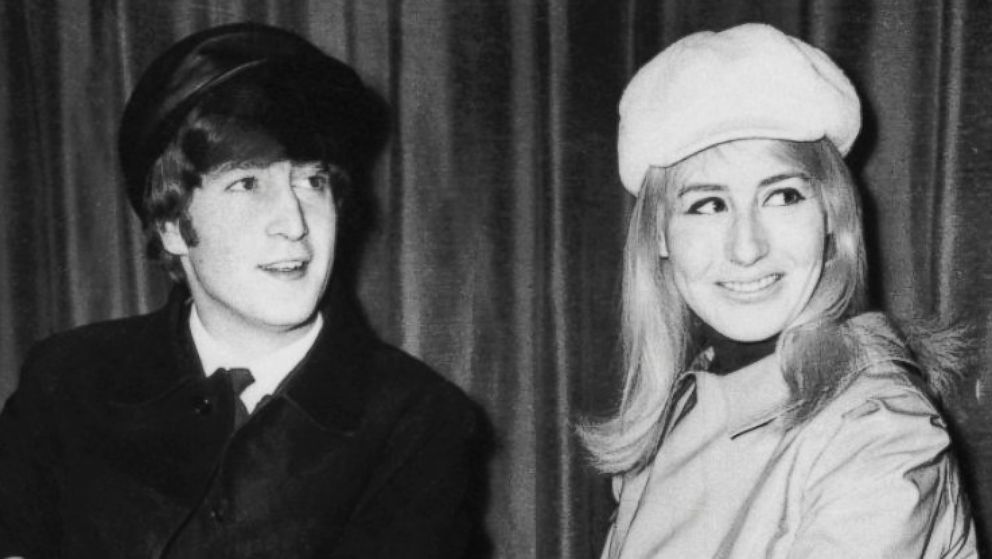In the realm of iconic interviews, one particular moment stands out as an intimate and revealing conversation with a legendary figure. John Lennon's appearance on "The Tomorrow Show" with Tom Snyder in April 1975 marked a unique and candid encounter that allowed fans and the public a glimpse into the mind of the enigmatic former Beatle. In this article, we delve into the significance of Lennon's appearance on the show and the insights it offered into his life, art, and worldview.

By the mid-1970s, John Lennon had already established himself as a solo artist following the breakup of The Beatles. His interview with Tom Snyder on "The Tomorrow Show" came at a time when Lennon was navigating a tumultuous period in his personal life and career. The Vietnam War protests, his ongoing battle with immigration authorities, and his evolving artistic pursuits set the stage for a conversation that would become a notable moment in television history.
One of the standout features of Lennon's appearance on "The Tomorrow Show" was the unfiltered nature of the conversation. Unlike many celebrity interviews of the time, which often adhered to carefully crafted personas, Lennon's discussion with Tom Snyder felt refreshingly genuine. The interview allowed viewers to see past the rock star façade and glimpse the man behind the music.

Lennon's appearance on the show occurred during what he later referred to as his "Lost Weekend" — a period marked by creative exploration, personal challenges, and a temporary separation from Yoko Ono. The interview touched on Lennon's experiences during this time, shedding light on his artistic evolution and the introspective journey he was undertaking.
During the interview, Lennon openly discussed his relationship with Yoko Ono and the impact of their separation. The couple's unconventional public image and artistic collaborations were well-documented, and Lennon's candid reflections on this period provided insight into the complexities of their partnership. The interview offered a glimpse into the personal struggles Lennon was facing and the toll it took on his well-being.

The early 1970s were politically charged, with the aftermath of the Vietnam War and the Watergate scandal dominating headlines. Lennon, known for his outspoken activism, touched on these issues during the interview. His reflections on the Nixon era, the power of music as a force for change, and his own experiences with political scrutiny showcased the intersection of Lennon's artistry and his commitment to social and political causes.
Lennon's appearance on "The Tomorrow Show" also provided a platform for him to discuss his ongoing musical contributions. At the time, he was working on the album "Rock 'n' Roll," a collection of covers that paid homage to the rock and roll classics that had inspired him. The interview allowed Lennon to share his thoughts on the evolution of rock music and his place within its history.

The Tomorrow Show interview has become a poignant moment in the legacy of John Lennon. Its unscripted nature and the honesty with which Lennon addressed personal and societal issues endeared him to fans in a new way. The interview showcased Lennon not just as a musical genius but as a reflective and introspective individual navigating the complexities of fame, love, and artistic expression.
Decades after the interview, John Lennon's legacy endures, and his appearance on "The Tomorrow Show" remains a testament to the power of honesty and authenticity. In an era where celebrities often presented curated personas to the public, Lennon's willingness to share his struggles and triumphs humanized him in the eyes of his audience.
John Lennon's appearance on "The Tomorrow Show" with Tom Snyder is a cherished moment in the history of television interviews. It offered a unique opportunity for viewers to connect with the man behind the music, providing a glimpse into the mind of one of the most influential figures in the history of rock and roll. The interview remains a testament to Lennon's commitment to truth, his artistic journey, and the enduring impact of his legacy on music and popular culture.



